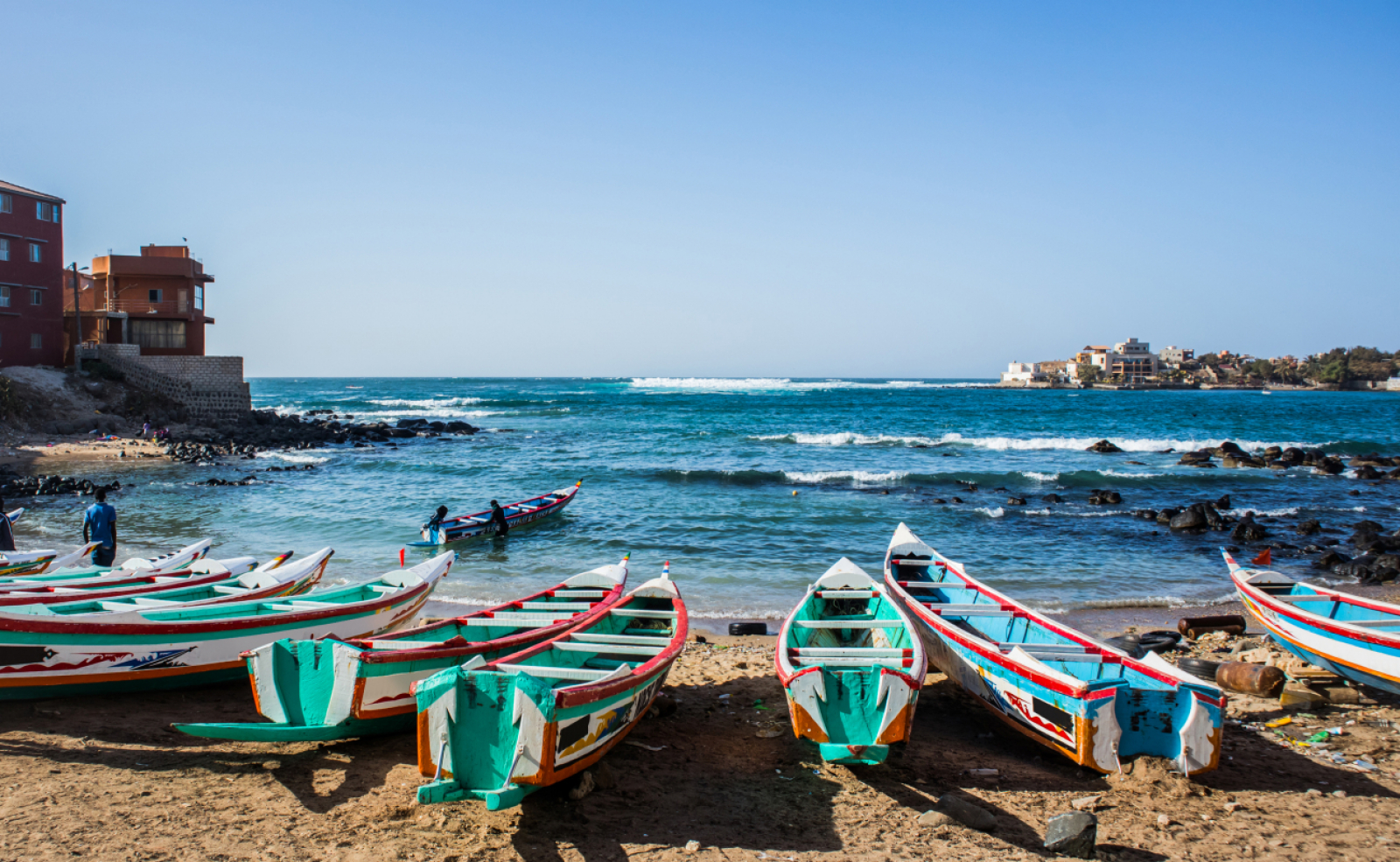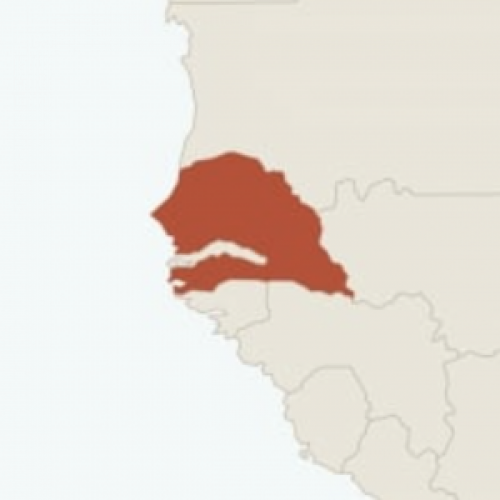You are here

Overview
NDI has a long history of bolstering Senegal's democratic institutions. Indeed, the Institute's first African political reform program was a multiparty meeting sponsored by NDI in Dakar in 1985. Following this, NDI provided assistance for electoral reform and international election monitoring from 1990 to 1993, as well as measures aimed at increasing women's political participation in the early 2000s.
Senegal has a history of being a key regional player in terms of democratic stability, and has experienced only peaceful transfers of power since its independence in 1960. The 1999 presidential elections constituted a watershed moment, with opposition candidate Abdoulaye Wade defeating the ruling party's incumbent candidate, Abdou Diouf. The current president, Macky Sall, was elected in 2012 with support of youth movements frustrated with political corruption, winning a second term in 2019. While Senegal’s democracy has indeed matured over the past several decades, Senegal faces growing discontent among the general population due to the stalled progress of electoral reform and the perception of political manipulation of the judicial system, especially against political opponents. These tensions came to a head when the political opposition and civil society organized demonstrations in March 2021 as part of the Movement for the Defense of Democracy. Legislative elections were held in July 2022, but against a tense backdrop, and the country is currently preparing for presidential elections in early 2024. In February 2024, the latter were postponed by a decree issued by President Macky Sall, but this delay was invalidated by the Constitutional Council shortly after; a new election date has not yet been set. Given the high stakes involved and the growing political divisions, President Macky Sall's decision and the lack of a new election date have only served to increase tensions.
To strengthen Senegal's democratic institutions amid forthcoming challenges, NDI established an in-country presence in Dakar in early 2022. Alongside partners within the Consortium for Elections and Political Process Strengthening (CEPPS), NDI is implementing a three-year, $10 million USAID Senegal Elections Support program. This program aims to aid Senegal's progress in electoral reform, fostering more inclusive, efficient, and democratic governance. CEPPS partners are actively assisting Senegalese civil society organizations (CSOs), including the Coalition of Civil Society for Elections (COSCE), in reigniting political dialogue, implementing electoral reform agendas, monitoring elections, and conducting civic and voter education campaigns. Special attention is given to marginalized groups such as youth, women, and individuals with disabilities. Following COSCE’s successful observation of the January 2022 legislative elections, NDI has continued its partnership, further reinforcing election observation efforts. By the end of 2023, NDI had formed a consortium of CSOs to enhance violence prevention during the election period, with a particular focus on marginalized groups and combating disinformation, crucial components of NDI's Senegal program leading up to the 2024 presidential election.
News and Publications
EXPERTS
Get Involved
NDI's work upholds the idea that democracy is a human right – a principle enshrined in the Universal Declaration of Human Rights. But it's a human right that many around the world still struggle to attain. You can be part of the solution. Join the movement for democracy.

